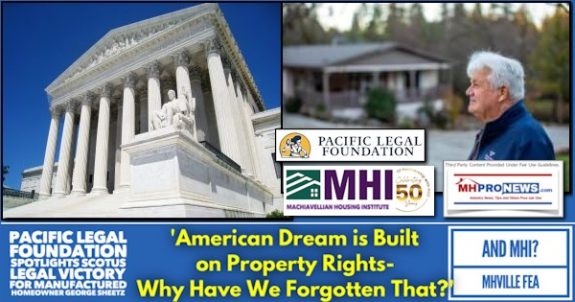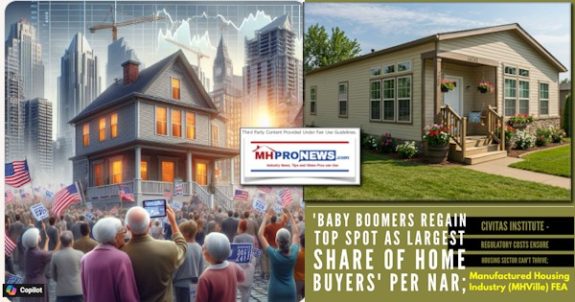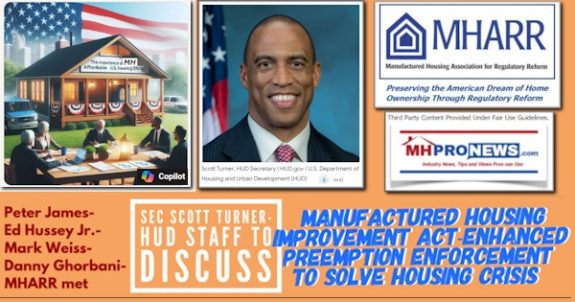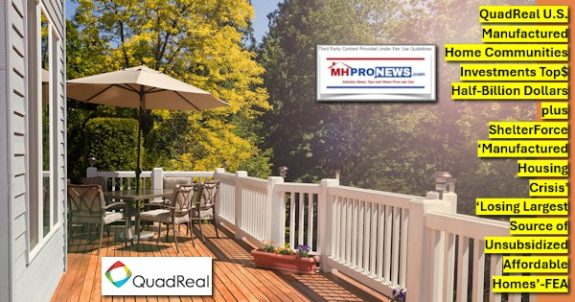Every year severe weather strikes certain regions of the U.S. wreaking havoc on local economies and families, and can result in the tragic loss of life. The manufactured housing industry takes severe weather incidents very seriously and urges all Americans to always consider their own personal safety, and take all necessary precautions in these emergencies. These severe events affect all structures in their paths and the people who inhabit those structures.
Manufactured homes are built to stringent federal building standards, regulating all aspects of performance, including wind standards. Over the past decade, results of testing and research conducted by professional building engineers and third-parties outside the industry, including Texas Tech University, consistently show that manufactured homes withstand high wind events on par with site-built homes. The industry continually makes adjustments to the standards to ensure our homes are built using the most modern building technologies for the health and safety of our customers.
Statistics cited by the National Oceanic & Atmospheric Administration (NOAA) show that the majority of tornado related deaths are not in manufactured homes (NOAA Economics Book 2006).
Severe weather does not discriminate between site built homes, manufactured homes, commercial buildings, nursing homes, daycare centers, or hospitals as prior events in Enterprise, Alabama and Greensburg, Kansas demonstrate. Anyone in the path of a tornado, regardless of the type of structure they are in, should be made aware of the situation and take immediate action to protect their lives.
MHI believes the federal Warning, Alert, and Response Network (WARN) public alert system, which is due to be fully implemented in 2012, will better ensure that regardless of where individuals are located or what kind of technologies they use, they will receive an audible life-saving alert over their wireless device (cell phones, pagers etc). Alerts will be transmitted in response to all threats to public safety including natural disasters, manmade accidents, and terrorist alerts.
The system would provide federal, state, and local emergency managers with a tool to input alerts into the system and have them directed out to a geographically targeted section of the population that may be in harm’s way.
MHI supports the WARN Act because it provides for a cohesive system of alerts for everybody in the affected areas.
MHI is the preeminent national trade association for the manufactured and modular housing industries, representing all segments of the industry before Congress and the Federal government. From its Washington, D.C. area headquarters, MHI actively works to promote fair laws and regulation for all MHI members and the industry.

























